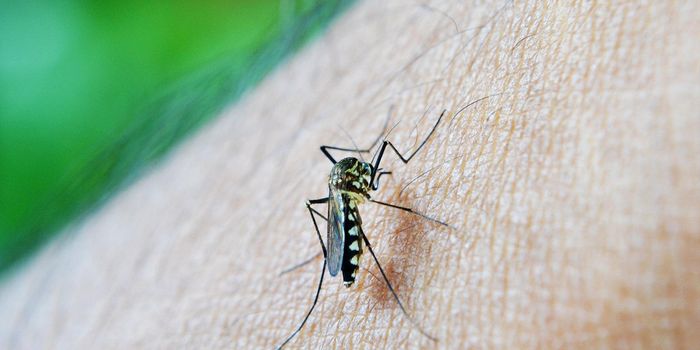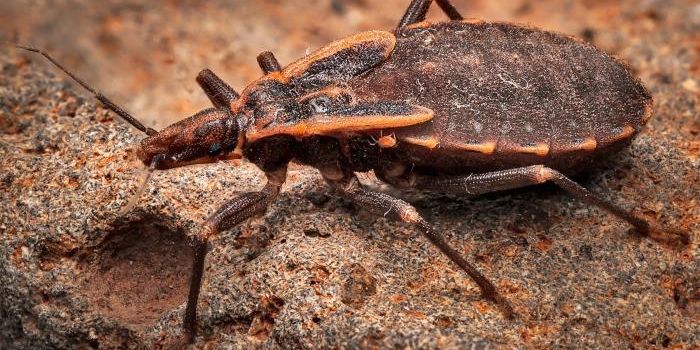All animals host a community of microorganisms in their gastrointestinal tracts, and there has been a lot of research interest in that so-called microbiome. Scientists have found that the microbiome can have a big impact on host health. Recent research has demonstrated that the physical movement of those microbes can have an effect on the circadian rhythm – the physical and mental 24-hour cycle - of the host as well. The microbes in the gut move in a timed fashion, adjusting several micrometers to the left or right and returning to the original orientation, thus exposing the tissues of the gut to different microbes. If that routine gets disrupted, it can impact the host. The graphical abstract from the report is shown below.

"This research highlights how interconnected the behavior is between prokaryotes and eukaryotes, between mammalian organisms and the microbes that live inside them," commented Eran Elinav, an immunologist at the Weizmann Institute of Science, who led the work in collaboration with co-senior author Eran Segal, a computational biologist at the Weizmann. "These groups interact with and are affected by each other in a way that can't be separated."
Previous work by this research team has shown that the biological guts of microbiota and host function are in sync with one another, and function in tandem. Changes in the gut microbiome of mice were induced by the disruption of two physiological cycles in mice, sleep-wake and feeding.
In this new research,
published in Cell, the scientists show that the cells that make up the surface layer of the gut move rhythmically, resulting in their exposure to a variety of different kinds of bacteria throughout the day. "This tango between the two partners adds mechanistic insight into this relationship," Elinav said.
The investigators found that disturbances in the cycles of the gut microbiome has a major impact on the health of the host, and can affect tissue far from the gut, such as the liver. The liver also shows changes in gene expression in parallel with the rhythms of the gut. "As such, disturbances in the rhythmic microbiome result in impairment in vital diurnal liver functions such as drug metabolism and detoxification," explained Elinav.
The researchers discovered that the circadian rhythm of the host depends upon the cyclic changes that are happening in the gut. While some parts of the circadian clock were maintained on their own, other facets of the clock are wholly dependent on the oscillations of the gut. Interestingly, when the rhythms of the microbes were disrupted, it was found that a set of genes took over, one previously thought to be without circadian influence.
"Circadian rhythms are a way of adapting to changes in light and dark, metabolic changes, and the timing of when we eat," said Segal. "Other studies have shown the importance of the microbiome in metabolism and its effect on health and disease. Now, we've shown for the first time how circadian rhythms in the microbiota have an effect on circadian rhythms in the host."
Disruptions in circadian rhythms are linked to some health problems such as metabolic syndrome and obesity; this research may help reveal more about that relationship. The liver also acts to metabolize drugs, and this work could help elucidate how the timing of drug administration impacts efficacy. This work reinforces the notion that the heath of the microbiome and the host are intimately related.
"What we learned from this study is that there's a very tight interconnectivity between the microbiome and the host. We should think of it now as one supraorganism that can't be separated. We have to fully integrate our thinking with regard to any substance that we consume,” Segal concluded.
If you would like to know more about circadian rhythms, check out the video above, a TEDx Talk from an expert in the field, Joseph S. Takahashi, Ph.D., a Howard Hughes Medical Institute Investigator.
Sources:
AAAS/Eurekalert! via
Cell Press,
Cell









